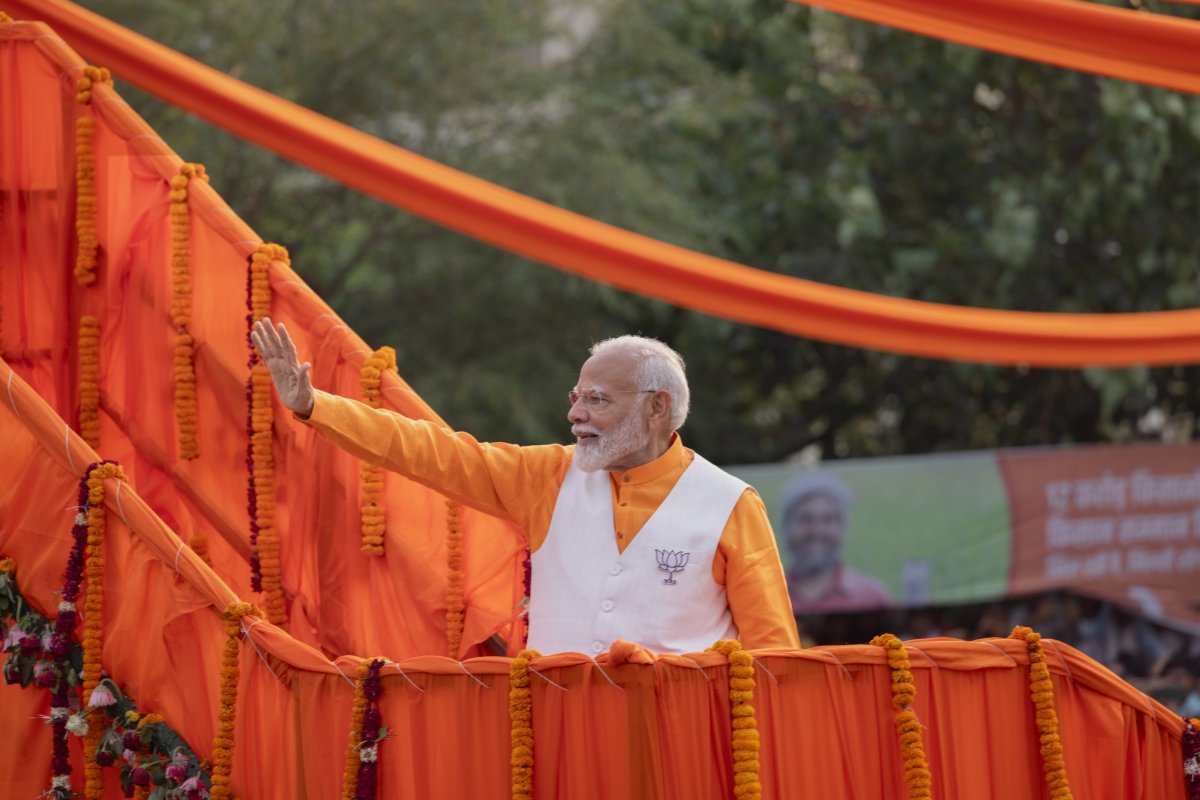
Navigating India’s foreign policy dynamics in the Era of Global Existentialism
The lucidity of the relationships in macroscopic parlance is not significantly different from that of microscopic reality, as observed in the fundamental unit of family or peer groups, though such teleological projection requires a stronger theoretical foundation. The realist school of international relations emphasises the fundamental nature of national interest as a sine qua non for the formulation of foreign policy by respective units, i.e., states, as it is imperative for survival in the global anarchic order.
However, the social reality cannot be justified from a perspective per se but requires the consensus of multiple perspectives because of the prominence that pluralism brings. In the context of a changing global order with changing interpretations of the definition of national interest, there would be a reflective change in the national interest per se. Therefore, it is intelligible for India to transition its global posturing based on its changing global position vis-à-vis other states.
The post-colonial order stands on the pedestal of introspection from the post-modernist alliance, which stresses the relativity of dominant meta-narratives and thus allows one to adopt a system different from those that have been given to us by the colonial order. When the cue for understanding international relations has been traced from the assumptions about human nature and how it gets reflected in the macroscopic reality, it stands challenged from various thinkers like Sartre, Freud, and A.J. Ayer; the dominant narrative of realism stands challenged but also allows its voice to grow as being a part of the larger set of international relations paradigms.
The legitimacy for India to adopt various approaches or attitudes based on the changing realities is a hallmark of the freedom to choose that postmodernism enables. Hence, there is freedom to choose. This freedom to choose is normative for the liberal global order to sustain itself, which preached free trade in goods and services and justice in operation. This was disrupted with the recently imposed unjustified tariff on India by the United States of America during the presidency of Donald Trump, citing India’s purchase of Russian crude oil. The tariff set at 50% which would impact 55% of exports, would definitely hurt the sentiments as well as the foreign policy posturing of India, which, despite maintaining its multi-alignment stance, found fervour with the democratic culture of the United States of America (PTI, 2025).
The Indian trade establishment, which exported to the USA, and is India’s largest export market, where shipments totalled nearly $87bn in 2024 (Kumar, 2025). Not having equal access to the largest consumer market in the world would receive a setback on several fronts, which had recapitulated after the Covid-19 pandemic shook the global supply chains and was starting to get back on track after the renewed efforts of the liberal order to sustain it and improvise it, keeping in mind the framework of the democratic peace thesis as it was against the dominance of China in the key aspects of the supply chain.
What makes this whole saga unjust and unacceptable is the myopic vision, or ‘double standards,’ adopted by the USA in treating India in this whole matter. India’s rebuttal was evidence-based, as it highlighted how the European Union, China, and even the USA had significant deep trade relations with Russia on several key parameters. Though the European Union maintains that it has significantly reduced and imposed several restrictions on its trade relations with Russia, as of last year, the quantum of trade between Russia and the EU stood at approximately $70 bn (Gera, 2025). While Indian demand for energy security dominates the trade dynamics, the EU, on the other hand, has a colourful palette.
Energy security for India at this crucial juncture of developmental trajectory is of utmost importance vis-à-vis the key commitment made to the people from managing inflation, providing employment to the huge workforce, addressing infrastructural bottlenecks, and mitigating climate resilient challenges in an adequate way. It is imperative for India to have a consistent framework for energy security if it still wants to reap the benefits of its demographic dividend. Therefore, compromising with a hegemonic power at this stage would be compromising with the aspirations of billions of Indians.
There has been a clamour as to what option India must adopt at this stage. When the rules-based global order stands defamed due to the brinkmanship of Donald Trump, the vacuum of morality or a just global order makes an impact on the foreign policy makers, per se. Therefore, it is not an era where realism would dictate terms alone, but rather one characterised by existentialism—global existentialism.
This era of global existentialism is characterised by the idea that every state is unique and no one generalisation can be applied to the global setup. Rather, the states are free to be what they want to be, and those powers that deny this freedom are inauthentic, as seen in the case of those who championed the cause of free trade in the first place. This freedom of navigation doesn’t mean annihilation of all, but that which is in tune with the idea that the framework made so far needs to be revisited in tune with the principle that it is made as if for all states. Whether India champions itself as Vishwaguru or as Vishwamitra, what is crucial is that India champions itself as Vishwarakshak for the rules-based global order.
Leave a Reply